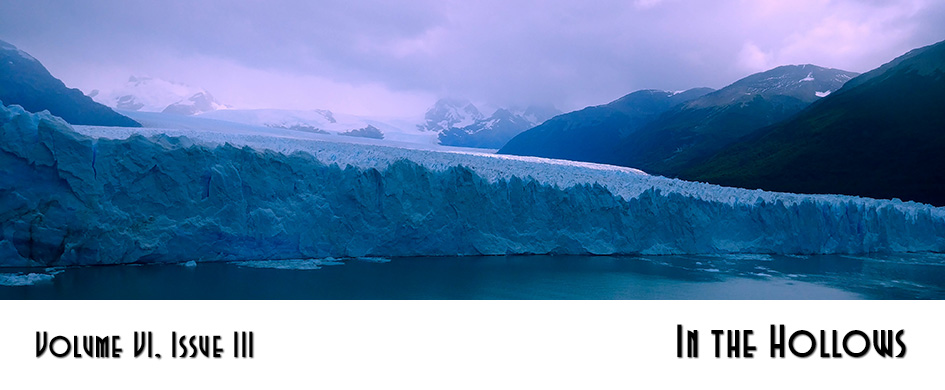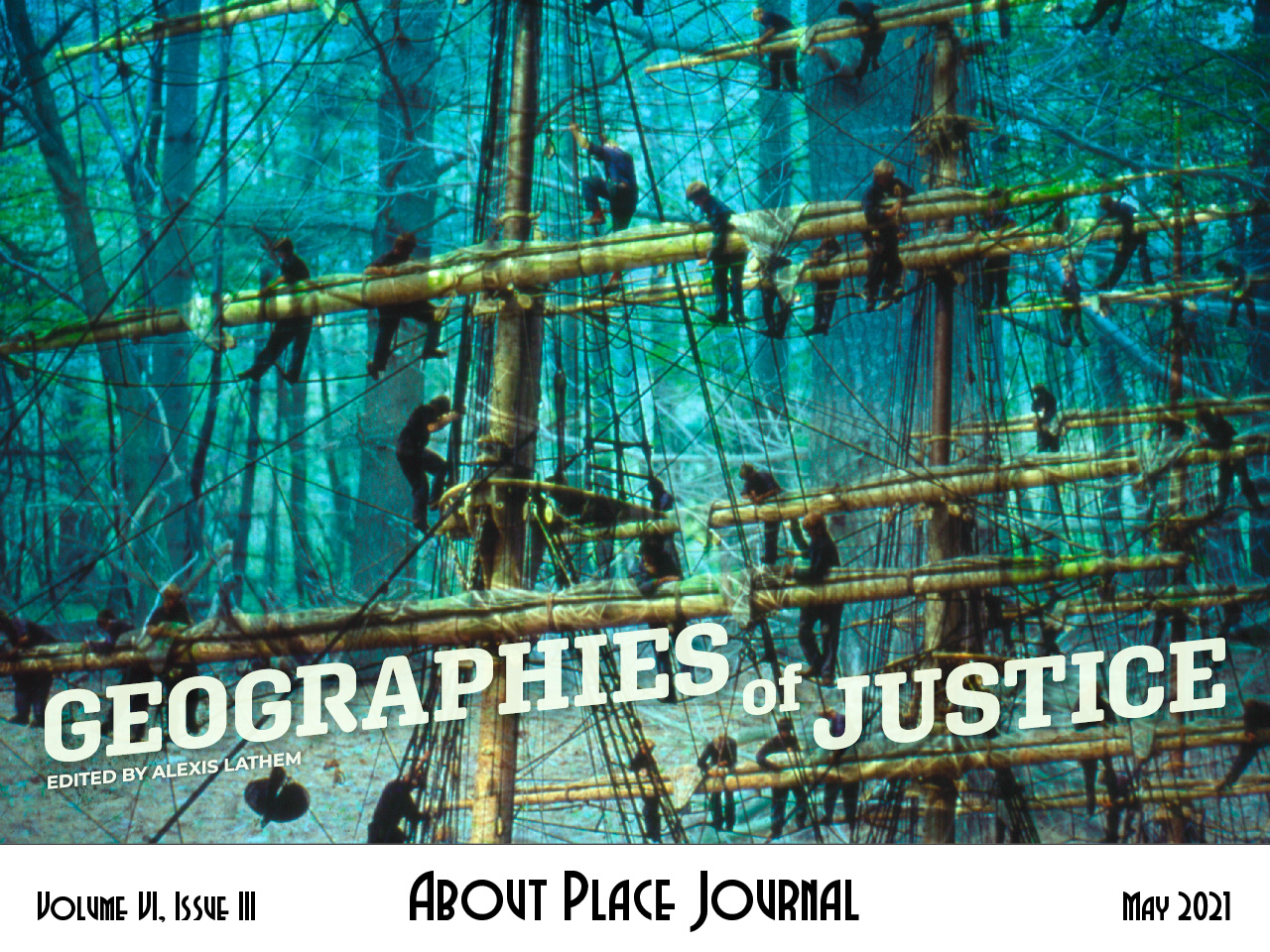after three consecutive record-breaking summers,
my husband is hooking up the gas generator,
dragging the porch furniture into the shed. There’s a flood watch
until 8 P.M. tomorrow and people are bracing themselves
for evacuation. Some people don’t choose this. I did.
I wanted to be surrounded by water. To find home
easily on a map. To mark, on the shoreline,
its disappearance. I wanted my children to ride their bikes to the end
of the road, climb over the guardrail and watch New York
gleam across the bay. I wanted children, despite the dying world.
I wanted streets with names that were self-explanatory: Harbor Way.
Shore Concourse. I wanted to rename myself, too, for something
tangible. These are not good reasons, I know.
It made sense at the time, to see the disaster site
from our window. More honest, maybe. We weren’t afraid
to evacuate, to empty a flooded house. Couldn’t grasp, even, what there was
to be afraid of: we’d been there before. In my husband’s box of old papers,
there is a journal entry from the flood of ’92. They slept on cots
in a school cafeteria for days, waited in the dark.
The rest is history: the bay receded. Those who still had homes
went back. There were other floods, other children
who grew up and went away, or went mad. I did, for a time.
I had no ties to Boston, made no sense
against the backdrop of a city skyline,
but it’s also true, at sunrise, over buildings that blocked the sun,
migrating geese chalked fine ribbons of light through a violet sky
while the moon and streetlamps exchanged halos.
That is to say: I wasn’t here, not when it mattered most:
the wreckage, the cleanup, the fallout. The bay rising
so softly we barely noticed. Don’t misunderstand: this was the place
I had to write myself back into, if only to watch it fall apart.
Tonight, my husband and I drive to the bay to watch
the benign clouds, the sun sinking over the factories.
When we turn onto Shore Concourse, the water
is already at eye level. It’s not even
high tide yet. It is too much to fathom.


